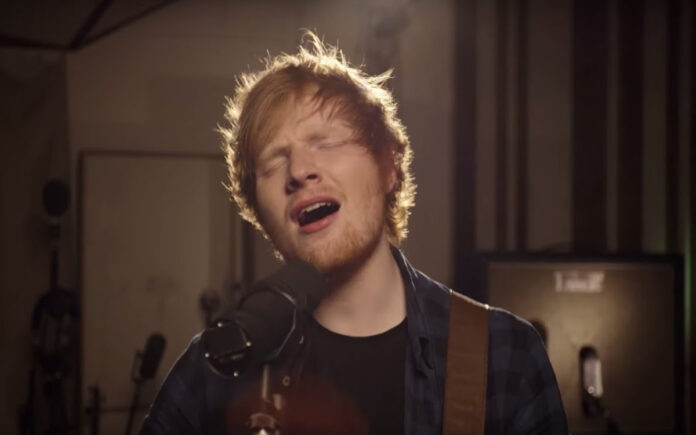New York: In a significant legal victory, British singer-songwriter Ed Sheeran, along with his record label Warner Music and Sony Music Publishing, successfully defended his 2014 hit song “Thinking Out Loud” against claims of copyright infringement. On Friday, the 2nd U.S. Circuit Court of Appeals in Manhattan upheld a lower court’s ruling that Sheeran’s song did not unlawfully copy Marvin Gaye’s 1973 classic “Let’s Get It On.”
Structured Asset Sales (SAS), the company holding partial rights to the Gaye song through co-writer Ed Townsend, originally filed the lawsuit against Sheeran in 2018. However, U.S. District Judge Louis Stanton dismissed SAS’s case following Sheeran’s May 2023 courtroom win over a separate copyright claim by Townsend’s heirs. In that case, a jury ruled in Sheeran’s favor, determining that the song’s musical elements were not unique enough to be protected under copyright.
In its decision, the appeals court concurred, agreeing that the elements SAS claimed were copied were too common for copyright exclusivity, which could otherwise impede musical creativity. The court further noted that the two songs—Sheeran’s “Thinking Out Loud” and Gaye’s “Let’s Get It On”—lacked the distinct similarities needed to substantiate SAS’s copyright claim.
David Pullman, SAS’s owner and an investment banker, stated that the company is considering its next steps following the ruling. In contrast, Sheeran’s attorney, Donald Zakarin, expressed satisfaction with the outcome, stating they were “gratified” by the court’s decision.
Also Read | MotoGP Cancels Season-Ending Valencia GP Due to Devastating Floods
The court also dismissed Pullman’s argument that Judge Stanton should have examined the actual recording of “Let’s Get It On” rather than the sheet music filed with the U.S. Copyright Office. Pullman contended that the recorded version held specific musical characteristics allegedly copied by Sheeran, but the court upheld Stanton’s approach.
Despite this setback, SAS has another lawsuit against Sheeran based on Gaye’s recording rights, though proceedings for that case are currently on hold.



